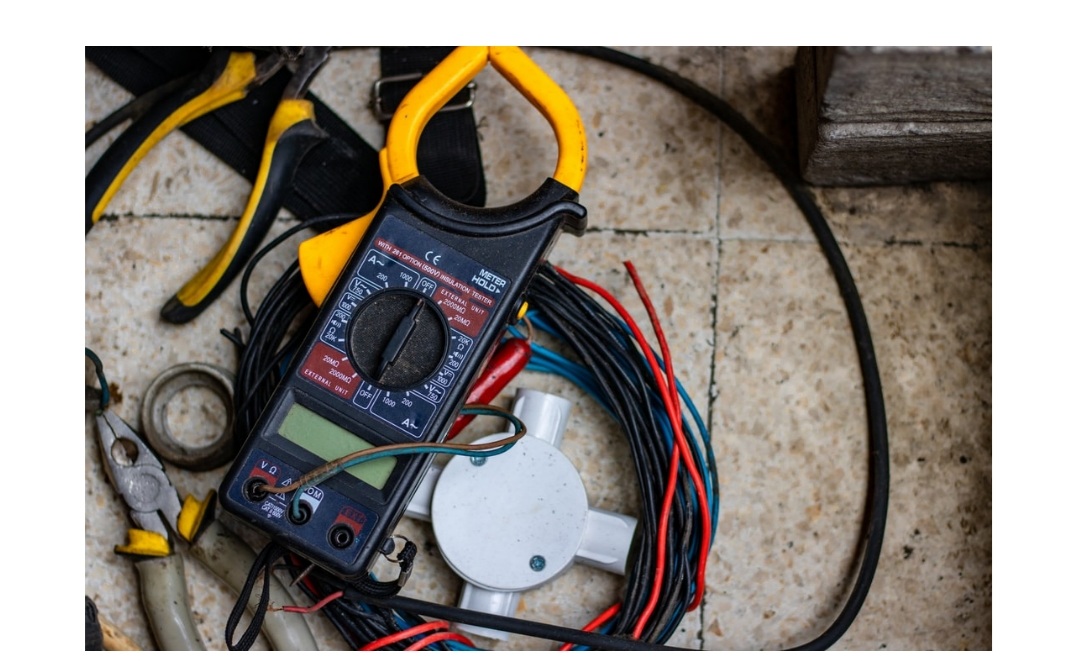The field of electricity can make for an exciting and rewarding career. Some of the careers in this field are more challenging than others and often involve a college degree. There are many different careers that one can pursue in electricity. This article will cover how to get a career involving electricity and three popular career choices in the field. The three careers that we’ll discuss today are licensed electrician, electrical engineer, and power plant operator.
How to Get a Degree for Careers Involving Electricity

The first step in pursuing a career in electricity is to speak with college counselors about finding the right school for you. A college counselor can help you find schools that match your interests and qualifications. They can also help you navigate the application process and financial aid process.
When choosing a school, you should consider the school’s location. It would be best to choose a school located in a city or town that you would like to live in. The school’s curriculum is also crucial. It would help if you chose a school with a curriculum that matches your interests and qualifications. The school’s faculty is also essential to your success. Check out schools with a faculty that is knowledgeable in electrical engineering, electrical technology, or electrical systems technology.
1. Licensed Electrician

Electrician careers can be very rewarding, both monetarily and emotionally. This electrician in Albuquerque is a remarkable example of this. They can help people keep their homes and businesses running by ensuring that the electricity is flowing properly. They are able to do this by installing and repairing electrical wiring and equipment.
Most electrician careers require a high school diploma or equivalent. However, some electricians may require more specific training or a college degree, depending on the company they work for. Electricians generally work full-time and may be required to work overtime or on call.
Electricians can expect to make a median wage of $54,000 per year. This can vary depending on experience, education, and other factors. Most electricians can also expect to receive benefits, such as health insurance and retirement plans.
2. Power Plant Operator

Power plant operators are responsible for power plants’ safe and efficient operation. They monitor plant equipment and systems, make adjustments as necessary, and troubleshoot any issues that may arise. To become a power plant operator, you will need to have a strong understanding of electricity and how it works. You should also have experience operating heavy machinery and be comfortable working in a high-pressure environment.
Power plant operators typically work a rotating shift schedule, which can include days, nights, weekends, and holidays. They may also be required to work overtime during emergencies or periods of high demand. The work can be physically demanding, and operators must be able to lift heavy equipment and climb stairs and ladders.
3. Electrical Engineer

An electrical engineer designs, builds, and maintains electrical systems. They may work on power generation, transmission, or distribution. Electrical engineers may also work on machines or equipment that use electricity. There are many different industries where an electrical engineer can pursue a career.
Some electrical engineers work in the telecommunications industry. They may design and build telephone systems or work on developing new communication technologies. Many other electrical engineers work in the automotive industry. They may design and build electrical systems for cars or work on developing new automotive technologies. Finally, electrical engineers can also work in the defense industry. They may design and build electrical systems for military vehicles or work on developing new defense technologies.
Get Started in Electricity
Now that you know how to obtain a degree to work in electricity-related careers and three of the most popular, you can begin your journey into this challenging, yet rewarding field.




